Summit Talk
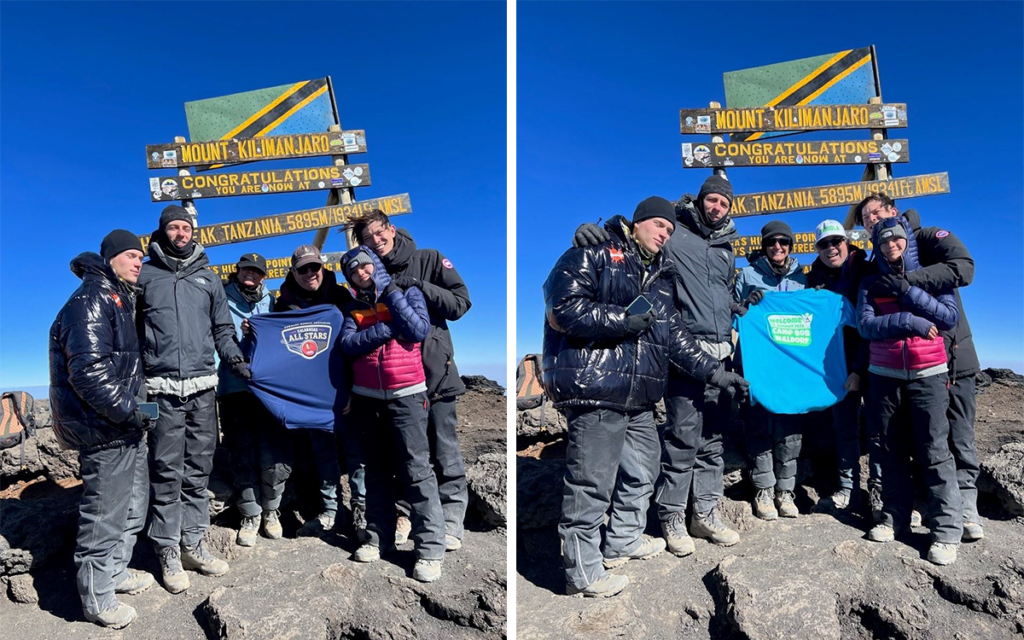
Lessons in Leadership from Mt. Kilimanjaro.
Mt. Kilimanjaro is the highest mountain in Africa. One of the seven highest peaks in the world, it rises an awe-inspiring 19,341 feet above sea level.
When I attempted to climb Mt. Kilimanjaro 10 years ago, I didn’t summit. I made it to 18,000 feet and was unable to go further. It was a disappointment, but I didn’t plan to try again. I was content to challenge myself in other ways and didn’t believe that not making it to the top would have a lasting effect on me.
However, as my son, William, prepared to graduate college, he told me he wanted to try climbing the mountain with me. It was only then, a decade later, that I had to face that previous failure head-on. How could I say no to my son, wanting to share an experience like Kilimanjaro together at this pivotal moment in life? I said yes. My resilient and better-acclimated wife, Allison, my son’s girlfriend, Gabrielle, and two of his friends, Brandon and Zack, announced they were also up for the challenge and would attempt the climb.
While there were several lessons I had learned from my first attempt that I hoped would make the next one more successful, one stood out as the most important: find a leader to take us up the mountain that had a different approach. Thankfully, we won the Sherpa lottery when Charles, our climbing manager, led our Tanzanian crew. His incredible leadership and team of passionate, talented individuals enabled us to reach the summit successfully. They taught me invaluable leadership lessons, which I will carry forward and plan to use here at sea level.
Here are my key takeaways:
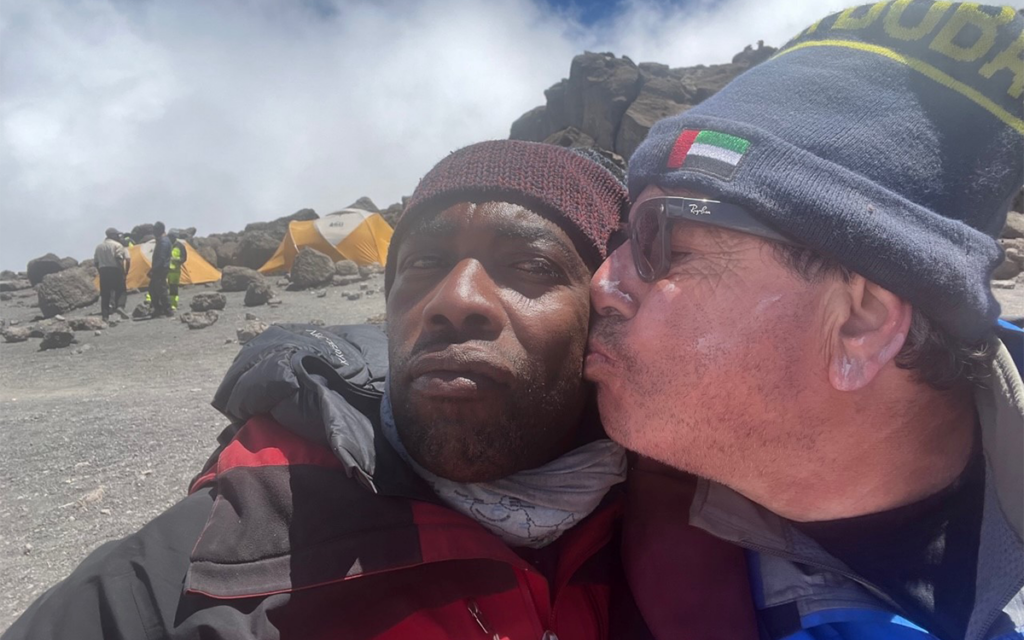
- The leader believed. Charles believed in all of us. He has personally guided more than 300 groups up Kilimanjaro and knew from those experiences that we were capable of approaching the challenge with the right mindset. Charles believed in us from the outset and never let us forget it, even in the most challenging times. I can still hear his voice saying, “You can do it,” over and over on our 11-hour summit day, and because he believed, we did.
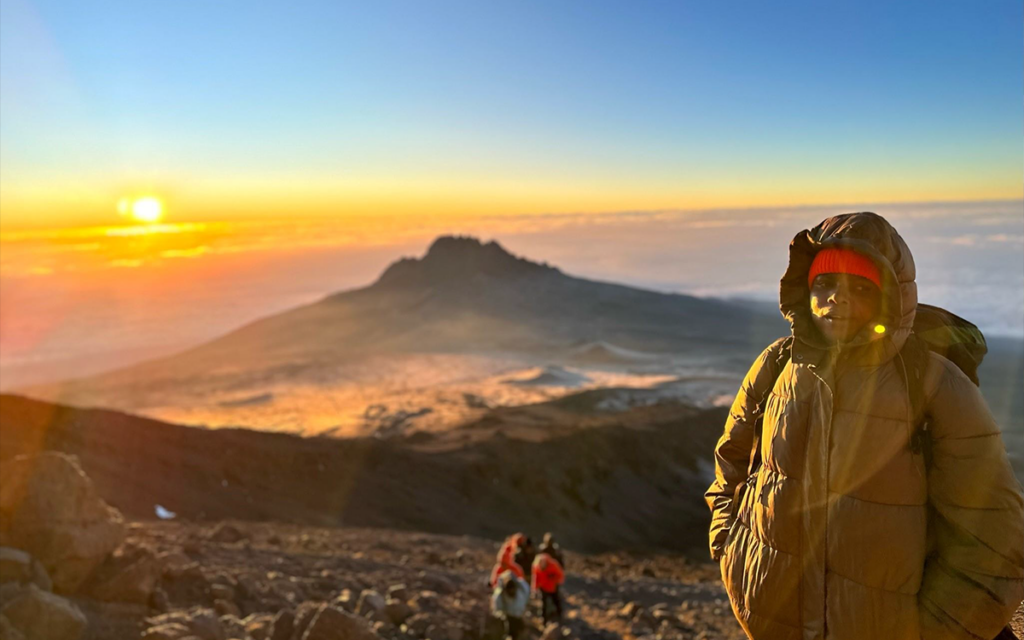
- Together we rise, divided we fall. Charles always kept the group together. During my first attempt, climbers were separated into faster and slower groups. By keeping us all together, Charles knew we would challenge and support each other in unique ways that would benefit all of us. We went into the climb with the motto that either we all summit together, or none of us do. That all-for-one, one-for-all mentality inspired each of us to fight not only for our achievement but for the collective goals of the group. Our teams are made of people with different paces, and approaches to challenges; the journey together means everyone makes it to the top.
- Preparation met inspiration. While I was much more mentally and physically prepared for this summit attempt, my preparation was complemented by Charles’ inspiration. It was powerful to see it play out in real-time. We were inspired by song, camaraderie, and a sincere and unwavering belief that we could do it. His inspiration got us through times when we were extremely uncomfortable and wanted to quit. There is real beauty in a team staying together and encouraging each other, and I found that simple words of encouragement were hugely helpful.
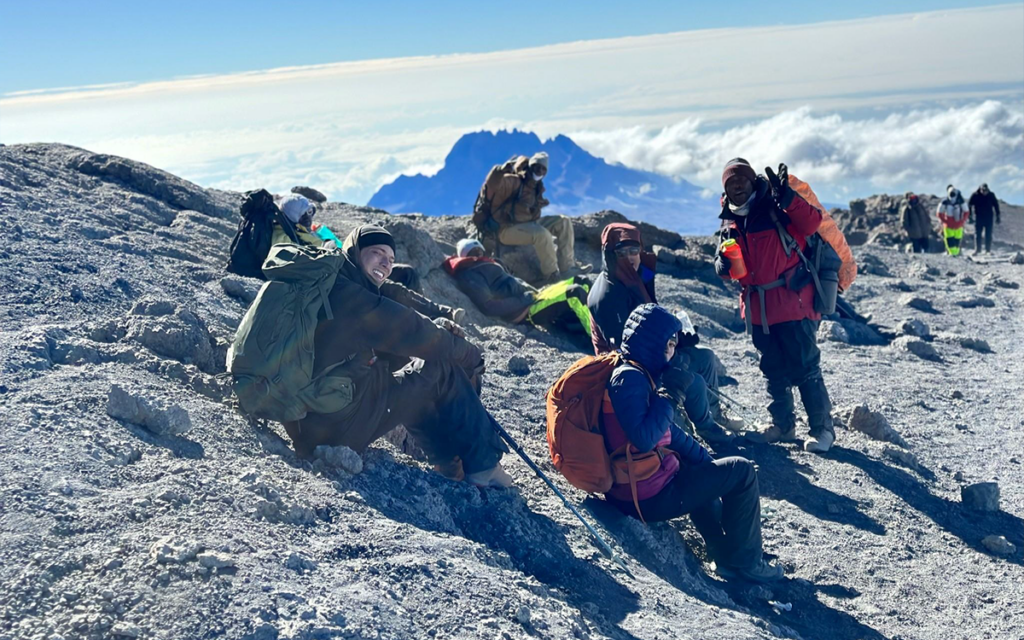
- Failure was not an option. While I had operated for more than a decade under the pretext that not summitting the first time didn’t bother me, I realized that it did when I began preparing for the second time around. This time, I was determined. And I was surrounded by equally determined people who believed in themselves and in me.
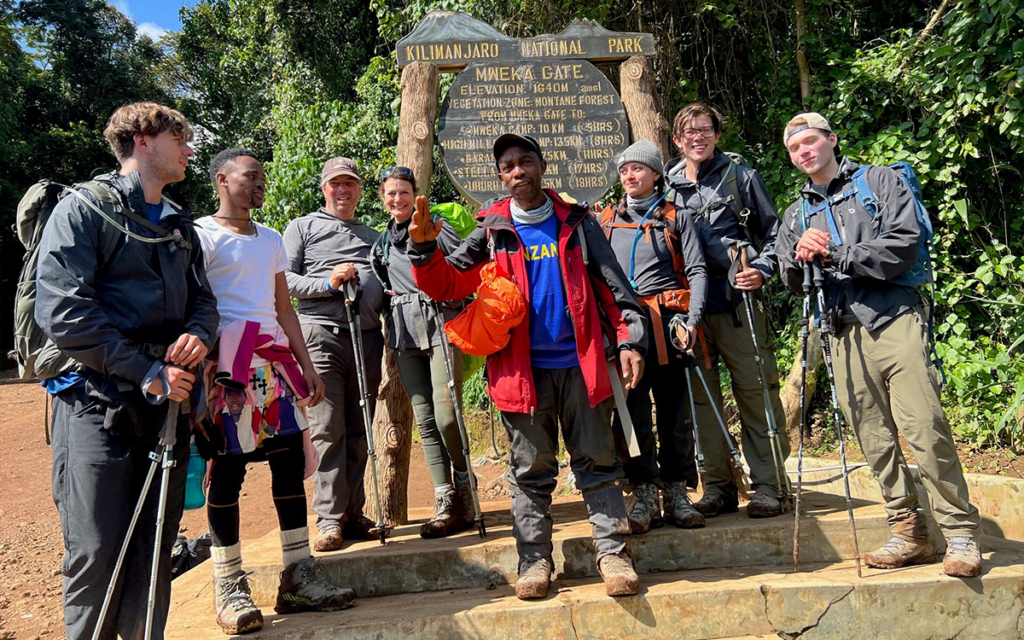
- “Pole, Pole” is a Swahili term that means “slowly, slowly.” It is an appreciation for a way of life that isn’t too hurried. It is a celebration of not how fast you can go but how far you can go—and how much you can enjoy along the way. Other groups frequently passed us along the trail but didn’t necessarily reach the top before us. We hiked 71 miles together over eight days, so we covered a lot of ground, but where altitude got me last time, acclimating to our surroundings minimized that issue this time.
- Go Step-by-Step. Breaking down the climb into the single step right in front of you is often what it takes to get through. We all have a habit of looking up or ahead towards the end goal or stopping to look back on how far we’ve come, but staying focused on each step helps you to continue to move forward without being overwhelmed by the enormity of a situation. If we had thought we had another 11 hours in zero-degree weather (plus windchill) and another 4,000 feet above where we started on summit day, the challenge would have been overwhelming, but breaking it into pieces that day made it doable.
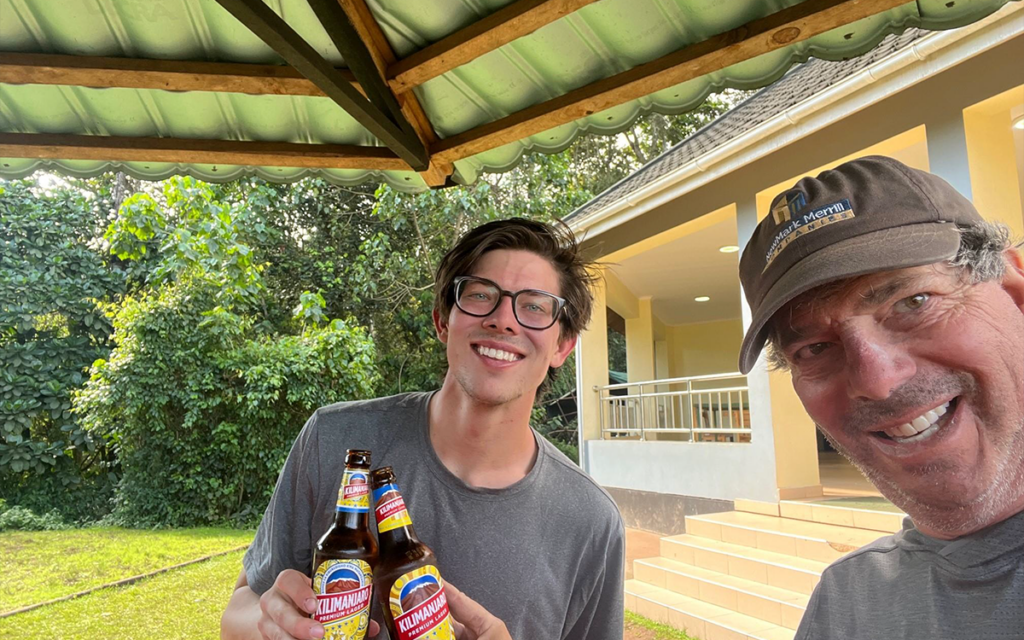
- Diversification of Happiness. Fulfillment, leadership, and happiness take many different forms. For some, it’s a big goal; for others, it’s the process. For a few, it’s simply helping others reach their goals. All are equally worth valuing and celebrating. The Tanzanians are such happy people. They took amazing joy in the simple idea of helping us discover their mountain, were amused by our frustration in not being able to get our iPhones to work, and were dedicated to getting us to the top. After a long day, they celebrated as we walked into one of the eight camps they set up along the way; they were always singing and celebrating.
Along with leadership, good company, and a solid heavy metal playlist, the poem “Good Timber” by Douglas Malloch carried me through many tough spots. I discovered this poem almost 40 years ago when I read a book by Bill Marriott about the challenges of his Marriott hotel, and he mentioned how this poem gave him great comfort.
In the spirit of Charles, I’ve included it below to let you know that I believe in you and your ability to face your personal and professional challenges. I hope it inspires you to reach your summit—no matter what that peak might look like.
“Good Timber”
The tree that never had to fight
By Douglas Malloch
For sun and sky and air and light,
But stood out in the open plain
And always got its share of rain,
Never became a forest king
But lived and died a scrubby thing.
The man who never had to toil
To gain and farm his patch of soil,
Who never had to win his share
Of sun and sky and light and air,
Never became a manly man
But lived and died as he began.
Good timber does not grow with ease:
The stronger wind, the stronger trees.
